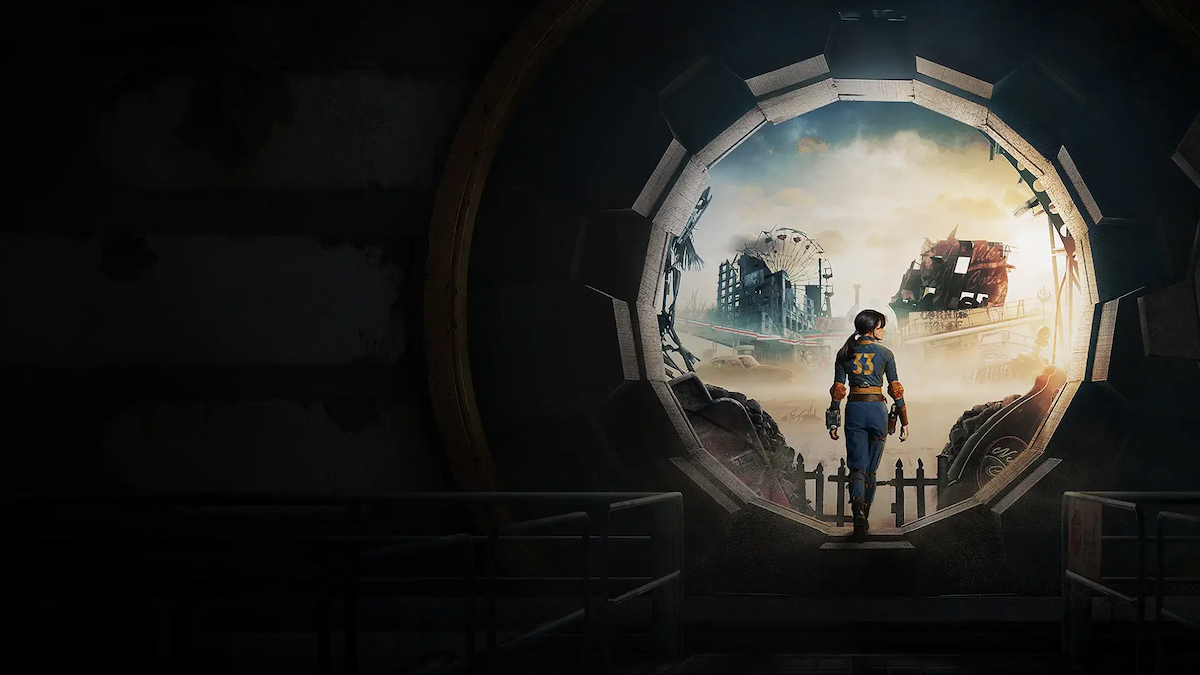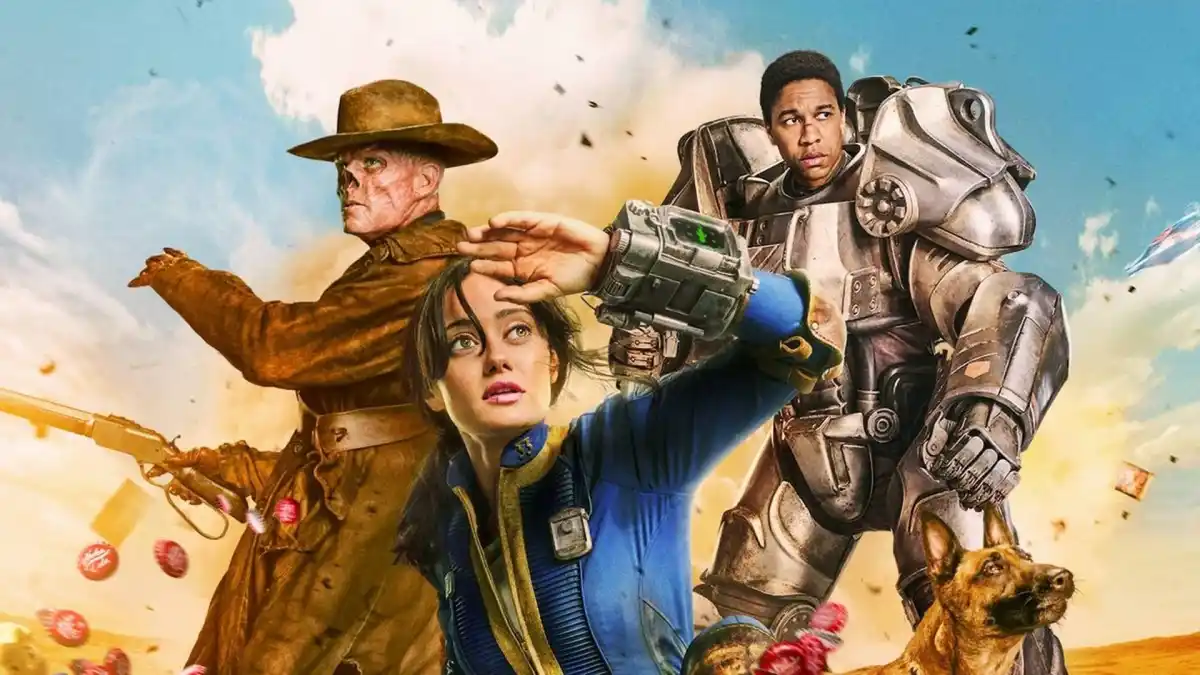Video games haven’t had a significant amount of luck when it comes to cinematic adaptations. With the exception of 1995’s Mortal Kombat, no video game film has ever passed the 50% mark in terms of average scores. Most seem to fall into various shades of bad, with a fair amount of the straight to digital or DVD films being the biggest offenders. Even the wildly popular Warcraft bombed critically, receiving a 30% on Rotten Tomatoes and showing that even the mighty Blizzard can have a few cracks in their armor. While I personally thought Warcraft was an okay film, it seems I was on the minority side of this one. However, we should acknowledge that the fan rating for this film is much higher, but this is quite a rare case for video game movies. Rarely are the critics and fans so disproportionate, so one has to begin to wonder, what’s going wrong?
There’s no simple answer to this question, as video games are currently the only adaptation of another medium that cannot produce a successful film outside of toys. Which to be clear, should be even harder to adapt since most of the time games like Ouija and Battleship lack a plot altogether. However, most video games have a cohesive and structured plot that should be an easy roadmap for any experienced screenwriter to follow. Sure the Resident Evil games have an extremely nonsensical plot to begin with, but the first few games are largely easy to follow. Yet, none of the Resident Evil movies, outside of maybe the second one, even bothers to follow any of the narrative storytelling that the games have set up.
And while it’s important to keep the audiences guessing, it usually seems like these movies struggle to deliver any of the enjoyment or thrills we experience out of our favorite games. Even though poor direction, writing, cinematography, and acting all play huge parts, we’d like to submit that there is another reason that the film industry just cannot get it right. Unlike books, television, toys, or any other type of entertainment, video games offer us as players the freedom to experience it how we want. Sure, the world itself has rules, but what we do within those set rules is pretty much up to us. Do you want to harvest the Little Sisters in Bioshock or save them? Should I go for a pacifist run in Dishonored or just slaughter everyone and deal with the consequences later? Games have the unique ability to let us experience the story how we choose, thus offering up different experiences.
No two users play the game the same, thus allowing us to develop our own moments and emotional attachments to characters or events we deem as significant. Yes, there is narrative direction going on that helps punctuate some of a game story’s more dramatic moments, but in large part, the most memorable moments come from our own created scenarios. A game could tell us that a boss fight is significant, but it may only feel that way if we’ve died to the same hellish beast in Bloodborne 20 plus times. In contrast, if someone is able to breeze past the same boss, they might not see it as that big of a deal. We develop our own special moments and attachments to key events, which makes adaptation all that more tricky.
The newest game film on the horizon, Assassin’s Creed, does have the potential to be the breakthrough that this genre has needed. The problem is when a studio or director has to decide which way the characters will go about their story because it will naturally conflict with how others experienced it. We want to see our own tales told on the big screen, but that’s largely impossible. Unlike a comic book, there are many different ways that the driving action can resolve itself. In the Batman Knightfall comic, the only way the story can progress is through Bane breaking Batman’s back so he can recover and emerge even more determined than ever. While in Batman: Arkham Knight, you can play the game through open street brawls, go stealthy, or, in certain cases, avoid conflict altogether if you’re good enough.
It’s by our own attachments and our own experiences that set these game movies up to fail. It’s hard to detach and view a medium like gaming in a different light because largely video games were not created with the intention to be told to the player without their own input. Listen, I’m in the camp where I do fully expect someone to come along and develop a stunning visual masterpiece of video game adaptation, but it’s probably not going to happen with any of the same consistency as, say “book to film” movies will. Whether some people want to believe it or not, video games can and always will have meaning to those who enjoy them. There’s an argument to be made that they will be cherished even more thanks to the pure level of interaction we have within the world itself.
No film or television show can replicate our experiences and while it’s awesome to see orcs vs humans battle it out on screen, I couldn’t help but think about how I would accomplish such a battle differently. That’s my experience protruding into the enjoyment of a film, which one has to believe would be the same for any fan who’s touched Warcraft. Now this isn’t to say that a great video game movie won’t come along, but it will more than likely be a “lighting in a bottle” scenario. Even though big publishers like Ubisoft are scrambling to essentially become the Marvel of video game movies, it’s doubtful that many of these ventures will be successful.
Video games are a medium that are wholly unique and deliver experiences that no film, comic, book, or painting can replicate. Translating this into a 2 dimensional, single focus story for a film is an incredibly difficult task to accomplish which could help explain why no video game adaptation has been widely praised. As much as we would want our favorite franchises put onto the big screen we need to understand that this may largely never happen. The games we choose to play can help define who we are as people both in taste and personality, so naturally, we will grow attached to them. Games will always be special to the people that play them and there will really be no way for a film to truly replicate that. It’s okay that we may never get a perfect video game movie, though we’re sure that won’t stop studios from trying.








Published: Jun 28, 2016 04:25 pm